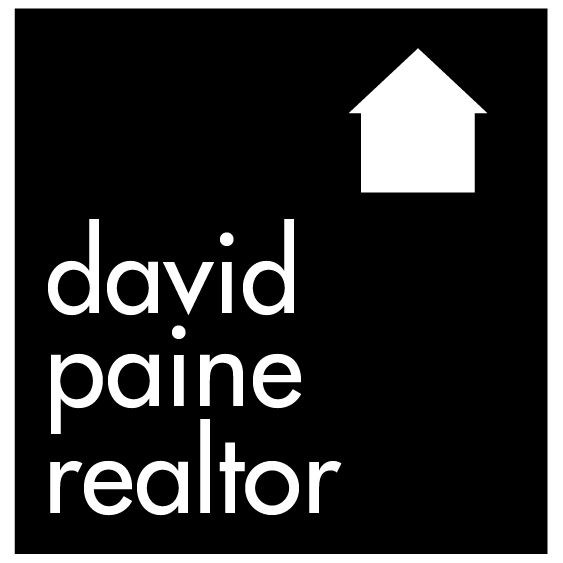As Realtors we come across many people who have questions about investing in rental property. One of the things they ask is, “What’s it like to be a landlord?”
Over fifteen years ago Kate purchased two duplexes and became a first-time landlord. Her experience owning rental property has been quite positive, thanks to the following lessons she’s learned:
Choose your tenants wisely and everyone is happy. Your tenants are your conduit to rent and it’s critical to choose them well. Tenants—finding them, selecting them, meeting their needs throughout their lease—are the reason many people think, “I could never be a landlord.” But there are more good tenants out there than bad ones. One of the keys to getting good tenants is having strict policies about credit checks, current employer and landlord references, and security deposits. Sticking to those policies will weed out many, many problem tenants. If you don’t take the time to go through a thorough vetting process, you will reap what you sow.
Rent isn’t free money, you earn it. Owning rental property is not a passive investment. The revenue you earn and the ease of earning it is directly tied to your relationship with the people you choose as tenants. The landlord-tenant relationship is an exchange: you pay me rent and I put a roof over your head—we BOTH have responsibilities. Making sure the rental unit is always safe, comfortable and in good working order is where good landlords spend most of their time. Landlords who don’t do this spend a lot more time on tenant relations problems (like overdue rent or evictions). No desire to deal directly with tenants? Property managers who believe tenants should be treated fairly and with respect are out there and available for hire.
Different types of renters come with pluses and minuses. It’s important to know what those are and to adjust expectations accordingly. Begin with understanding what the most likely renter is for a particular type of unit – college students, 2-3 roommates, working professionals, families, pet owners? Students, for example, will often accept a quirky or less than perfect unit and will make it affordable by splitting the rent as many ways as they’re allowed. Frequent turnover is guaranteed because they graduate and landlords can regularly raise the rent as the market dictates. They are not, however, the best housekeepers and repairs and deep-cleaning may be required when their lease ends.
If you have questions about becoming a landlord, or want to know more about investing in rental property, give us a shout—we’re always happy to share what we know—and watch for a future post on “Why you make your money when you buy—not sell—investment property.”

